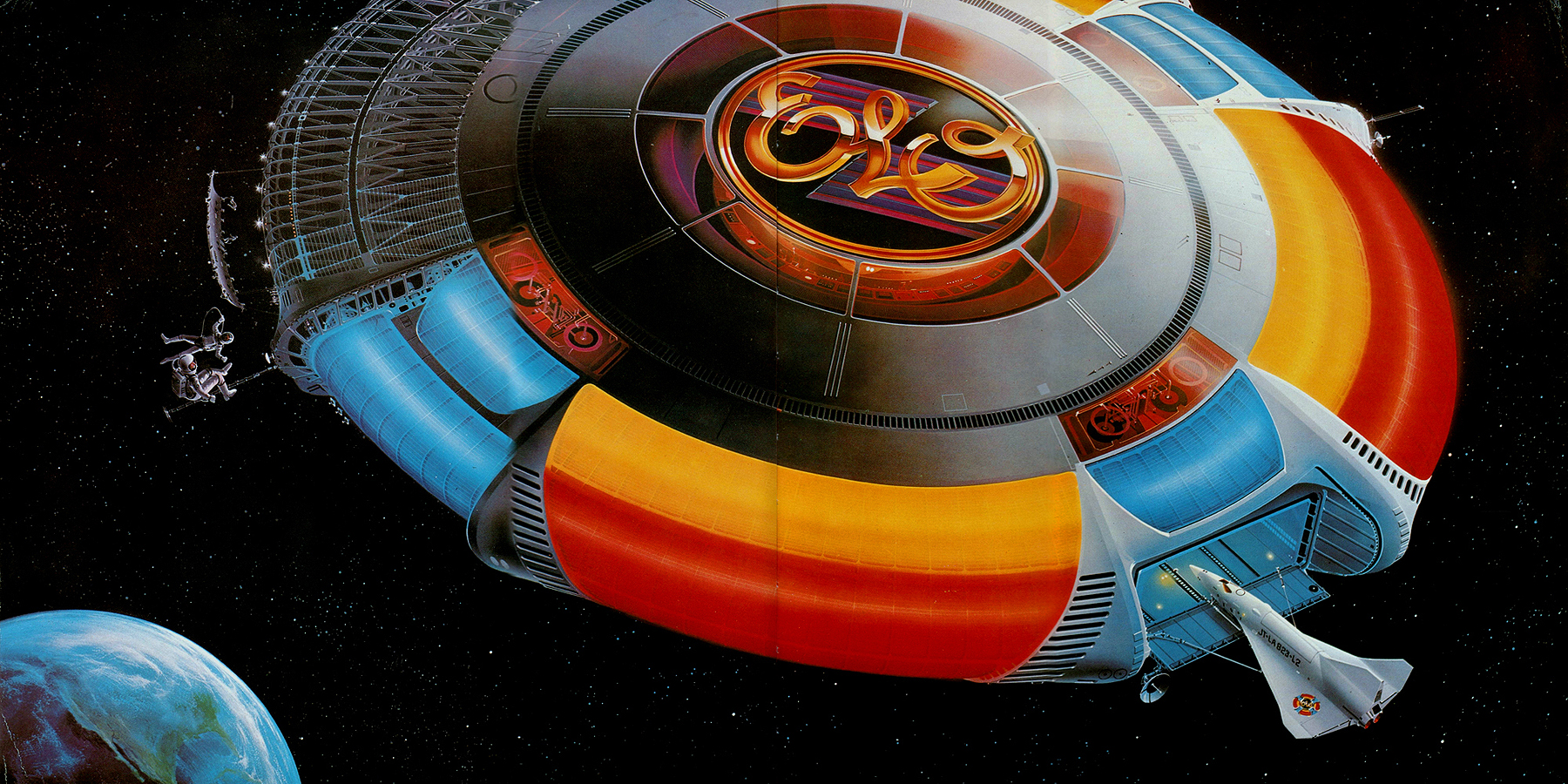 |
| Smokey Shep |
Outrage at customer gouging aside, this is all besides the point. Right now, my Shepard, who happens to be black-ish, is having a great time working for the Illusive Man and whipping the Normandy-2 around with Miranda and Jacob. What struck me was that this was the first time I had ever experienced a Space-Opera with Non-white males as the leads. Sure, some Sci-fi (Avery Brooks and DS9 is the gold standard) feature non-white leads. However, that is baritone exception to the rule. Space Opera, as a genera, is consistently homogeneous is its heroes.
However, in ME I am able to change the dynamic. Between myself, Miranda and Jacob; the majority of the speaking roles in ME2 main are taken by non-traditional voices. This would be even more the case if I had decided to play as female Shepard. (Lesbian space commander FTW!). What really struck me was that this situation is not explicitly called for by the game designers. Alternatively, the selection of ethnic identity and gender is not forbidden or frowned upon. There is no downside for a dark skinned Shepard, Reapers are equal opportunity villains.
This all begs a question. If interactive story telling is the wave of the future, does it matter who is telling the story and what their point of view is? Is it even important to worry about the background of major and minor characters. For instance, there was a dust up with certain fans of the Hunger Games reacting negatively to the character of Rue. While I thought it was clear that she was a person of color (even a bit heavy-handed ) a great number of readers were shocked (and sadly) disappointed when they went to the movie and saw Amandla Stenberg. If the future, authors might try to obscure the ethnicity of their characters so as to avoid the problem altogether. This works even better if your hope is to have a movie made. Let the director decide what the characters look like.
 |
| people got mad I was accurately depicted as I was described in the book |
Alternatively, interactive media reduces, if someone wanted to, these unpleasant circumstances. The writer merely tells a universal story; the hero's journey; the fight against the evil empire; the war against the un-dead, and then lets the recipient pick the look of the character.
This creates a frame work for the user/reader to import their own ideas of the character.
While this could mean that more stories become accessible to different people of different backgrounds, there is a danger. Some people are never able to separate a character from their own baggage regarding race or gender. One of the great powers of story telling is to make the reader witness the eyes through the author's intended vessel. Sometimes that is a standard hero cut from central casting, but sometimes its not. Discourse would be lost if you were never tasked with following a specific person, with a specific background and specific world view. Simply making a character look a certain way is not the same as creating a believable member of a particular group. Believable characters, regardless of background is something the story teller should always aspire.
Moorsgate media












